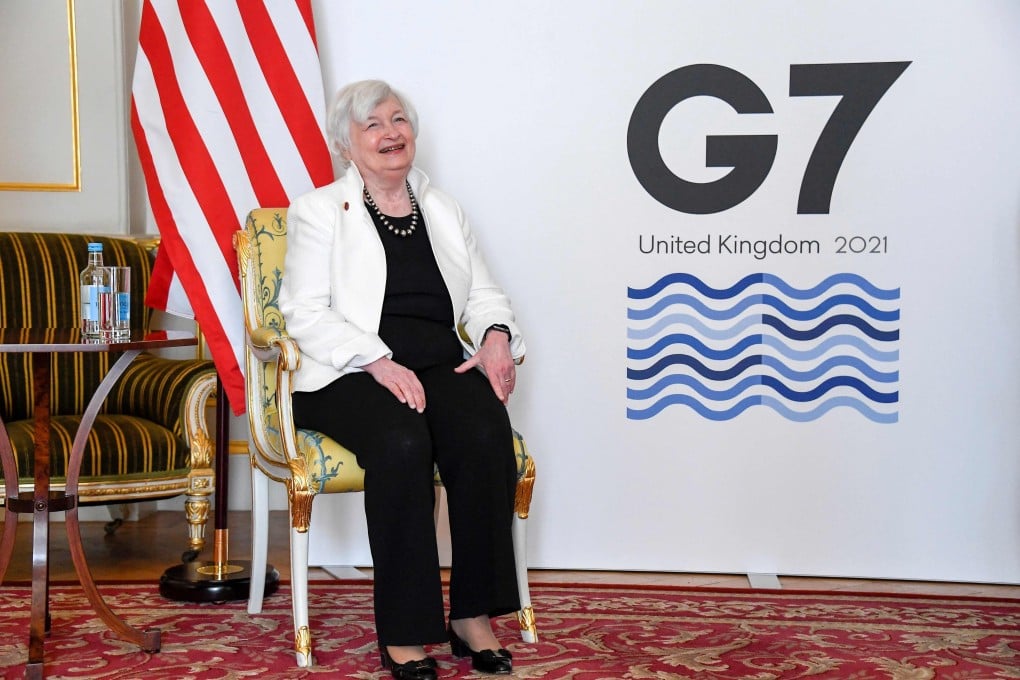Opinion | How the G7 put tax havens on notice, rewriting the rules of hyper-globalisation
- The deal for a global minimum corporate tax rate sets a low threshold to assuage developing countries’ concerns while the global apportionment of profits will enable high-tax jurisdictions to recoup some of their lost revenue

The Group of Seven agreement has two planks. First, it proposes a global minimum tax of 15 per cent on the largest corporations. Second, a portion of these corporations’ global profits will be clawed back to countries where they do business, regardless of the location of their physical headquarters.
Since the race to the bottom in corporate taxation began in the 1980s, the average statutory rate has come down from nearly 50 per cent to around 24 per cent in 2020. Many countries have generous loopholes and exemptions that reduce the effective rate to single digits.
Even more damaging, global corporations have been able to shift profits to pure tax havens such as the British Virgin Islands, the Cayman Islands or Bermuda, without having to move any of their actual operations there. Estimates by Gabriel Zucman of the University of California, Berkeley, reveal that an inordinate share of US corporations’ foreign profits are booked in such tax havens, where they employ only a few people.
Leaving questions about administrative feasibility aside, the new agreement might face two opposing objections. Tax-justice advocates will criticise the global minimum of 15 per cent as too low, while many developing countries will decry it as an unwarranted restriction that will impede their ability to attract investment.
